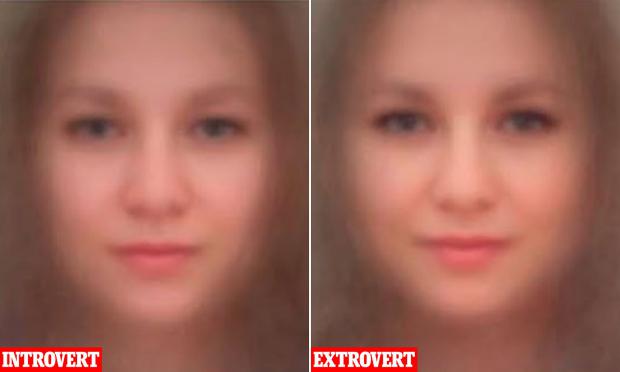
Breaking News
 Pan American Silver Corp. (PAAS)
Pan American Silver Corp. (PAAS)
 Hackers Threaten to Expose Pornhub Users Unless Bitcoin Ransom Is Paid
Hackers Threaten to Expose Pornhub Users Unless Bitcoin Ransom Is Paid
 The Return of Control: From Lockdowns to Censorship to War - SF663
The Return of Control: From Lockdowns to Censorship to War - SF663
Top Tech News
 This tiny dev board is packed with features for ambitious makers
This tiny dev board is packed with features for ambitious makers
 Scientists Discover Gel to Regrow Tooth Enamel
Scientists Discover Gel to Regrow Tooth Enamel
 Vitamin C and Dandelion Root Killing Cancer Cells -- as Former CDC Director Calls for COVID-19...
Vitamin C and Dandelion Root Killing Cancer Cells -- as Former CDC Director Calls for COVID-19...
 Galactic Brain: US firm plans space-based data centers, power grid to challenge China
Galactic Brain: US firm plans space-based data centers, power grid to challenge China
 A microbial cleanup for glyphosate just earned a patent. Here's why that matters
A microbial cleanup for glyphosate just earned a patent. Here's why that matters
 Japan Breaks Internet Speed Record with 5 Million Times Faster Data Transfer
Japan Breaks Internet Speed Record with 5 Million Times Faster Data Transfer
 Advanced Propulsion Resources Part 1 of 2
Advanced Propulsion Resources Part 1 of 2
 PulsarFusion a forward-thinking UK aerospace company, is pushing the boundaries of space travel...
PulsarFusion a forward-thinking UK aerospace company, is pushing the boundaries of space travel...
 Dinky little laser box throws big-screen entertainment from inches away
Dinky little laser box throws big-screen entertainment from inches away
 'World's first' sodium-ion flashlight shines bright even at -40 ºF
'World's first' sodium-ion flashlight shines bright even at -40 ºF
Artificial intelligence can guess your personality from a SELFIE...

Facial recognition technology can determine a person's personality by analysing an emotionless selfie, a study claims.
Researchers built an artificial neural network that assessed 128 different factors of a person's face, such as the width of the mouth and the height of the lips or eyes.
It used the data from these readings to categorise a person based on five personality traits: conscientiousness, neuroticism, extraversion, agreeableness, and openness.
When compared to questionnaires filled in by the volunteers, the AI was accurate 58 per cent of the time.
Researchers say pure chance would get this right 50 per cent of the time and humans are less consistent than the facial recognition method.
Scientists used a well-established method to categorise personalities, using the so-called 'Big Five' traits.
The system was found to be more accurate on women than on men and was best at recognising conscientiousness.
A total of 12,000 volunteers uploaded 31,000 selfies in total an and these were split into two groups.
One was used to train the AI system and the other group was sued to test the network.

 Time and Pressure
Time and Pressure

